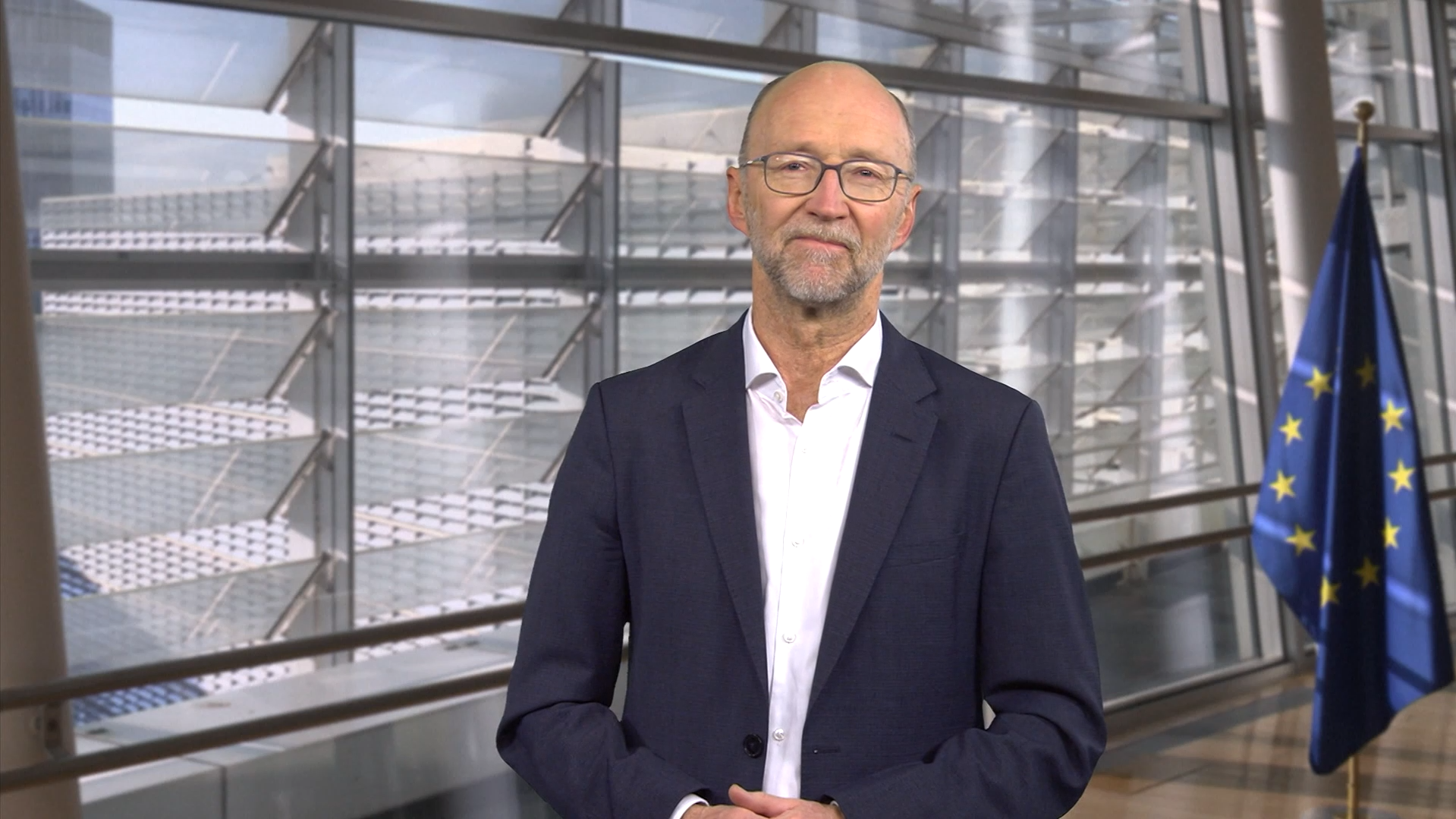In anticipation of our upcoming Student Housing Market Update, our team is gathering as much intel as possible on the Spanish PBSA market. Juan Acosta, Managing Director of Greystar Spain, was recently interviewed by Negocios TV to share his insights on the built-to-rent market and Greystar's plans for the future. The interview is in Spanish but we're lucky to have Manoel in our team who kindly translated it for us.
What is Greystar's picture of the real estate market at this time? We have been in a pandemic for more than a year, we have seen moments of closure now moments of opening, a little more hopeful for the recovery with vaccines. What is your perspective?
Indeed, the buit to rent sector is experiencing a very important boom, let's say I think it differs from other real estate sectors, perhaps such as the commercial sector, with the demand for living products for the sector being very high. In fact, built to rent has probably strengthened in this exit from Covid and expectations are very positive.
Talk a little more about this model, about this built to rent formula, and about your business model because Greystar's origin is in the United States but you are here in Spain too.
Greystar is a 30-year-old firm with 700,000 homes under management, it is the global leader in rental housing. We're built to rent, and that is the sole focus of our business. The way in which we are organized is to be the developer, the manager or the reference operator and perhaps the great difference with traditional housing is the concept of service, the “hotelization” of housing, and in our components we place a lot of emphasis on a product that is clearly thoughtful of the tenant.
How long have you been here in the Spanish market?
Four years.
And how was this bet, how attractive did you anticipate it would be, and what kind of bets are you making within Spain?
For Greystar, the fundamental thing is to always have the possibility of developing a business at scale and, in 2017, when we entered Spain with the acquisition of a student accommodation operator, we had the possibility of entering Spain with a very attractive volume and from there to grow to other rental housing formats with our own management. And again, why Spain, precisely because of the possibility to develop a model that today is quite new here and has enormous development potential. You will see that the differences with the United States is significant but hey, we are present on a global level and each country has its secret.
How do you relate to these local promoters and the rest of the local actors who were already present in Spain? What kind of associations, synergies do you create, how do you work?
As I said, we can be promoters, we can be buyers or we can be managers, and we are operators, so we have a lot of flexibility in partnering with promoters that were there in Spain for many years and depending on the opportunity we can present a solution. At the end of the day, our great added value in this sector is to have an ample availability of capital with different types of capital costs that we can offer to developers, in such a way that we can acquire a finished product with the keys ready for deliver, or perhaps we can start in other situations from just buying the land and developing new sites from scratch.
Can you talk a bit more about the market shifts and trends you have noticed in the rent market in Spain since your arrival, considering that Spain has been a country where the majority of families opt to be owners rather than tenants.
The rental housing business is primarily demographic and primarily urban. Spain has, number one, a clearly urban population and it is true that if you look at the demography at the country level, perhaps it is not growing materially. But at the city level, for example Madrid is growing through immigration. And with the post-crisis or post-covid changes, the truth is that today acquiring a home is a very big effort and many people are returning to rent as a way to solve a housing problem that until today remains very critical for everyone.
Due to geographical distribution, do you have prospects of continuing to grow in Madrid or do you want to bet on other cities as well?
We definitely want to bet on a national strategy. We have seen it in our student residence strategy that we are in 20 cities with 40 projects that allows us a very important scale. And in what is the built to rent, although we have started in Madrid, we will expand to other sectors of the country.




